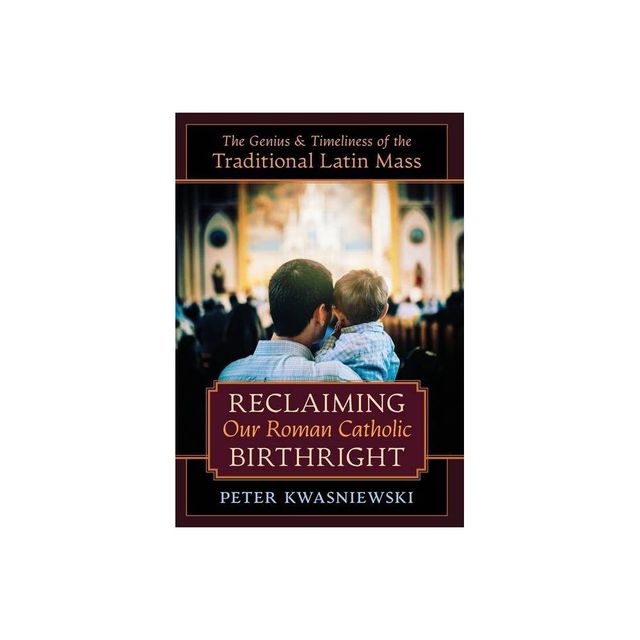Home
Who Shall Take Care of Our Sick?: Roman Catholic Sisters and the Development Hospitals New York City
Loading Inventory...
Barnes and Noble
Who Shall Take Care of Our Sick?: Roman Catholic Sisters and the Development Hospitals New York City
Current price: $52.00


Barnes and Noble
Who Shall Take Care of Our Sick?: Roman Catholic Sisters and the Development Hospitals New York City
Current price: $52.00
Loading Inventory...
Size: Hardcover
*Product Information may vary - to confirm product availability, pricing, and additional information please contact Barnes and Noble
This rich history chronicles the prominent role of Catholic women religious in establishing the hospitals at the core of New York City's extensive Catholic medical network. Beginning with the opening of St. Vincent's Hospital in 1849, Bernadette McCauley relates how determined and pragmatic women of faith worked over the next eighty years to place the Catholic Church in the mainstream of American medicine.
Exploring the differences and similarities between Catholic hospitals and other hospitals, McCauley describes the particular cultural sensibility and management style that informed Catholic health care and gauges the ultimate success of Catholic efforts.
Visionary sisters established, managed, and staffed the hospitals, and they sat on hospital boards and served as administrators at a time when women rarely occupied positions of leadership in business. McCauley illustrates how they at once embraced the world of God and the world of man, playing an unheralded role in the development of the modern hospital while serving the daily needs of New York's immigrant poor.
Encompassing such issues as immigration, the education of nurses and doctors, hospital care and organization, and the role of women in the Catholic church, this extensive study is a valuable resource for scholars and students in the history of medicine, history of nursing, American religion, and women's history.
Exploring the differences and similarities between Catholic hospitals and other hospitals, McCauley describes the particular cultural sensibility and management style that informed Catholic health care and gauges the ultimate success of Catholic efforts.
Visionary sisters established, managed, and staffed the hospitals, and they sat on hospital boards and served as administrators at a time when women rarely occupied positions of leadership in business. McCauley illustrates how they at once embraced the world of God and the world of man, playing an unheralded role in the development of the modern hospital while serving the daily needs of New York's immigrant poor.
Encompassing such issues as immigration, the education of nurses and doctors, hospital care and organization, and the role of women in the Catholic church, this extensive study is a valuable resource for scholars and students in the history of medicine, history of nursing, American religion, and women's history.


















